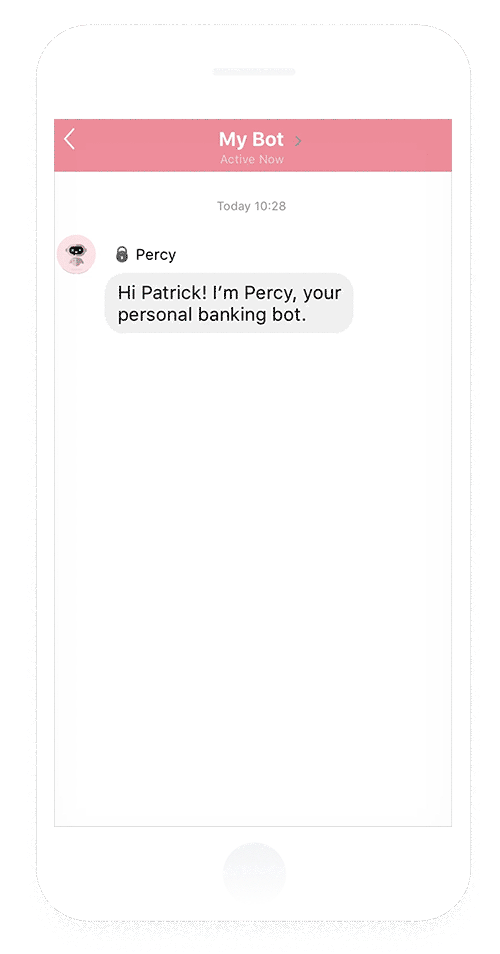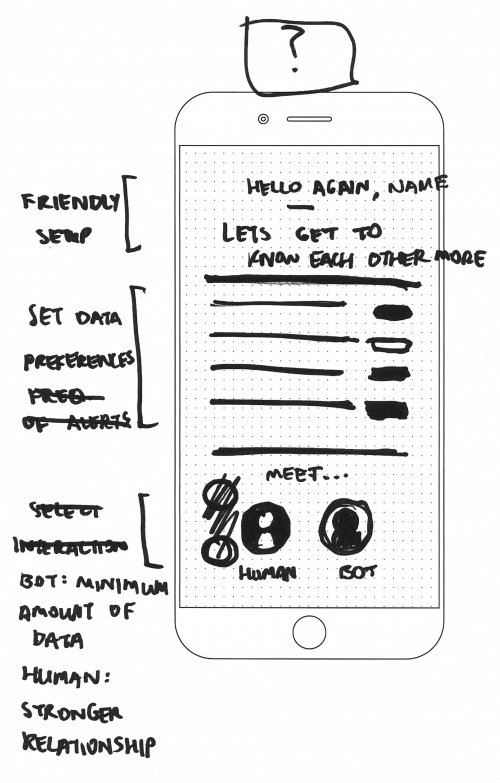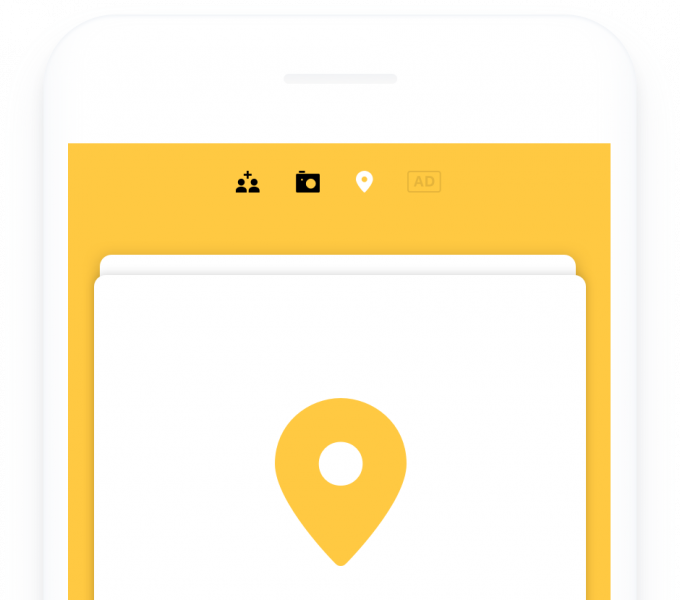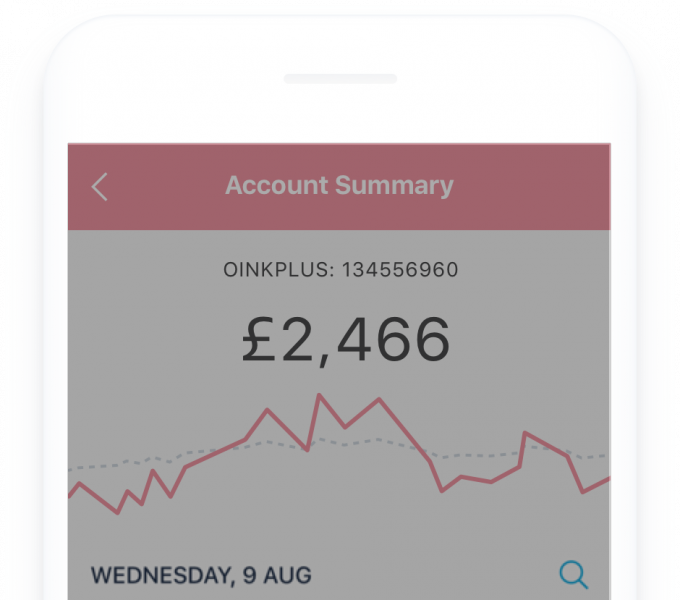Building people's trust over time
Earning people's trust, rather than presuming it at sign-up, requires us to think more deeply about how real human-to-human relationships are started, cultivated and negotiated over time.
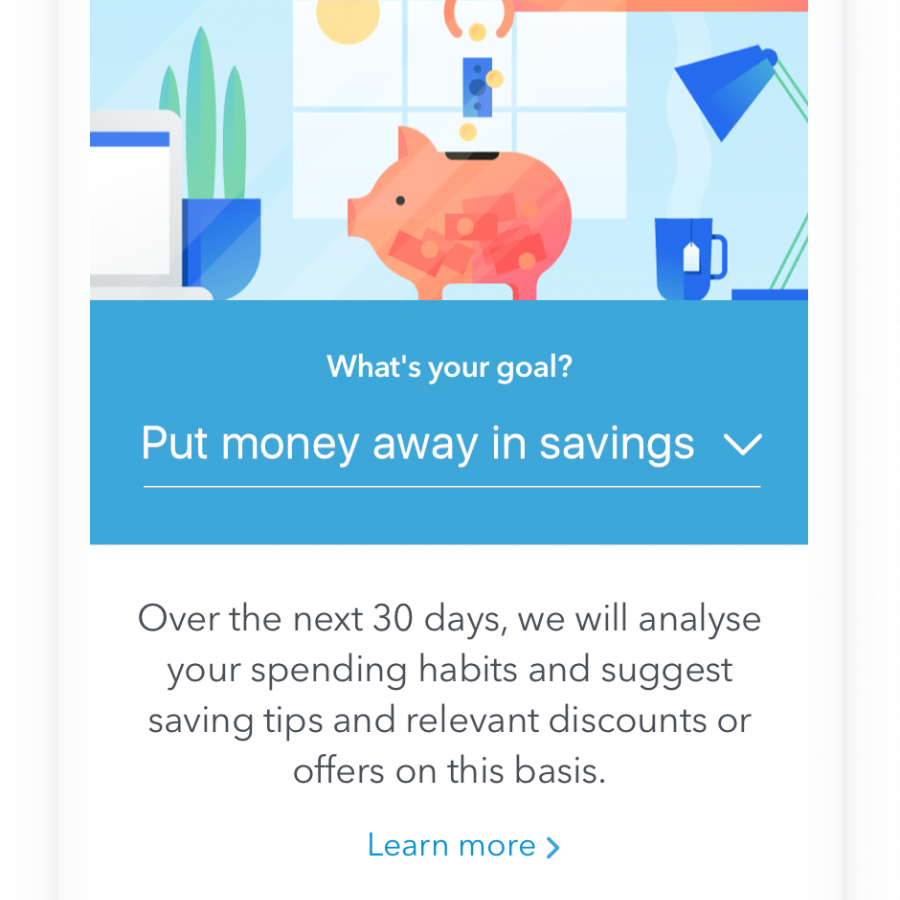
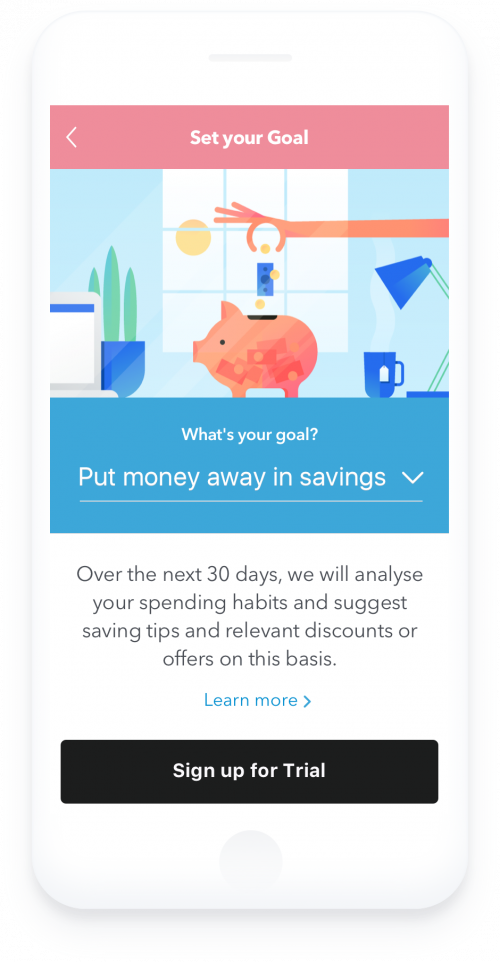
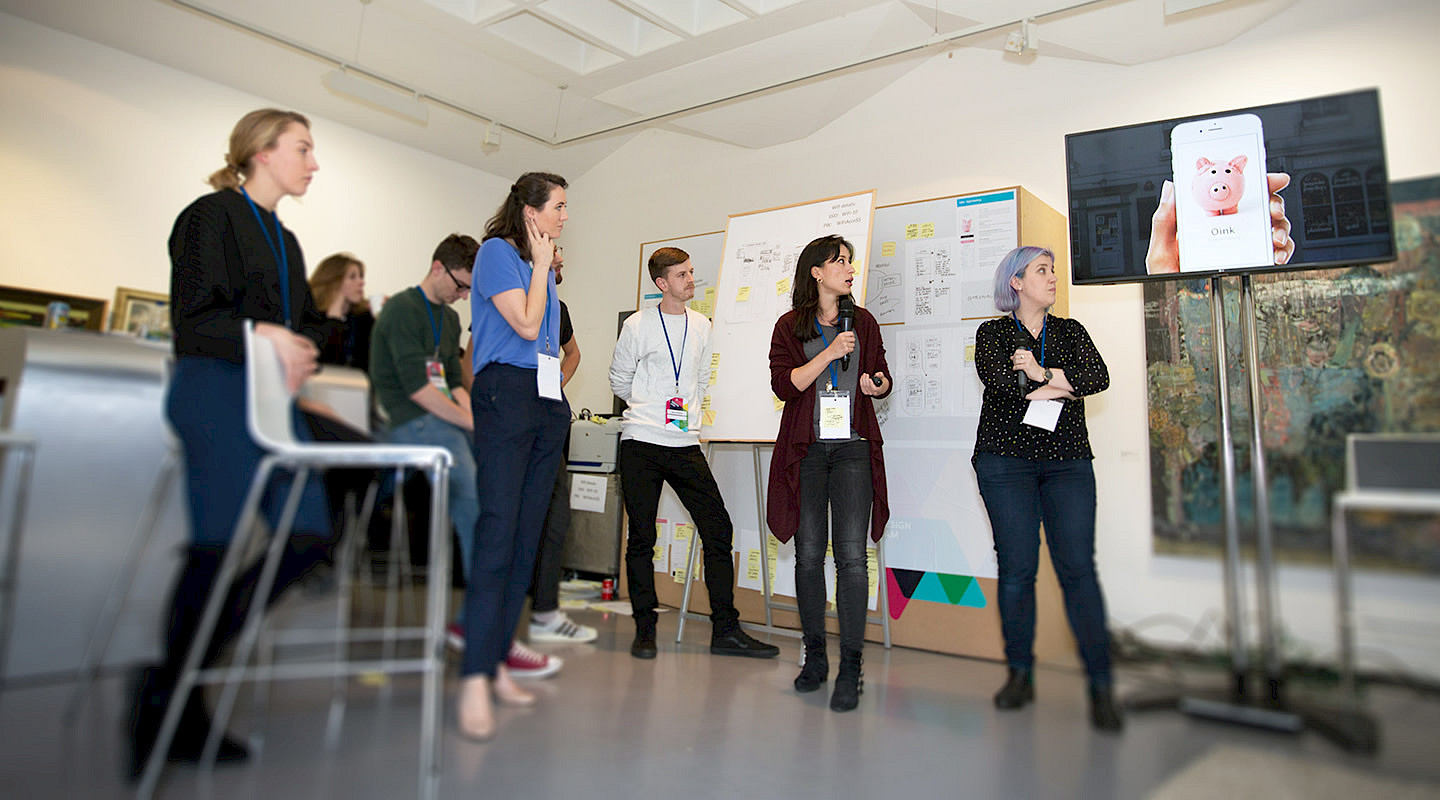
People often feel that they have an 'all or nothing' deal and are expected to consent to ongoing data access without evidence of trustworthiness or the potential value exchange. The Oink team challenged themselves to ensure people had the choice to 'try out' services that required additional data to be collected and processed over what was collected during sign-up. This would allow people to make more meaningful and well informed choices at the right time after seeing value, or withdraw consent and delete the data collected.
Oink 'asks' for sign-up to gather and analyze spending data for a 30-day period. If the person is happy with the 'Spending Habits' suggestions, they can give consent to keep gathering data on a continuous basis. If they are unhappy with the value exchange, they can withdraw access and the data collected over the last 30 days will be deleted.
Oink allows the value exchange between personal data and service to be 'tested' so that a well informed choice can be made as to whether it's 'worth' it.
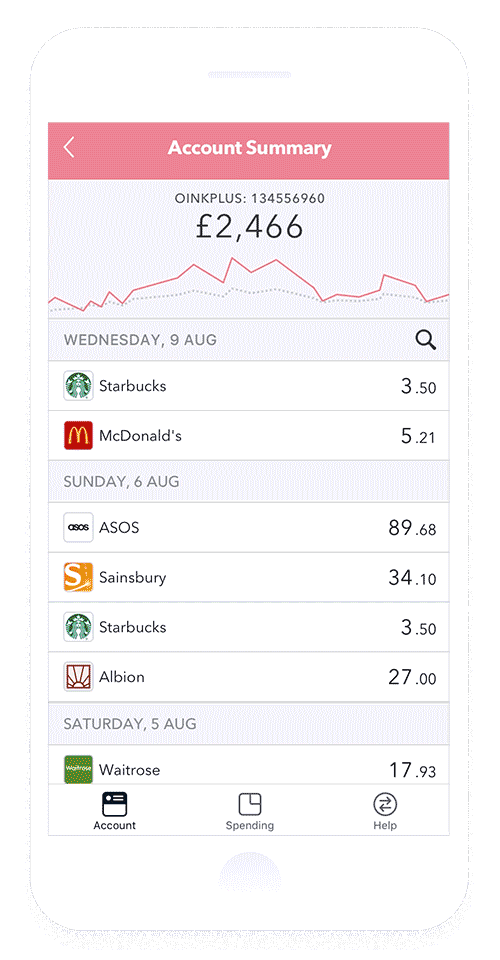
Oink provides a friendly, conversational chatbot that lets people know when their account's balance is low and offers to help. The bot also offers data analysis to see if it might help the person reach spending goals, while assuring them that their data will stay anonymous and their privacy will be protected.
Alternatively, the chatbot offers a human advisor to continue the conversation. The advisor is required to ask for permission to access the spending account, unlike most who presume they already have consent and begin. The interface makes it clear that a banking employee accessed the account on 9th August - 'Connor accessed your account' - which gives people peace of mind that their data is only being viewed or accessed in their presence, with explicit consent.
The conversational AI appeals to human curiosity and helps to build trust through human-like interactions making the task of managing data feel more natural.
